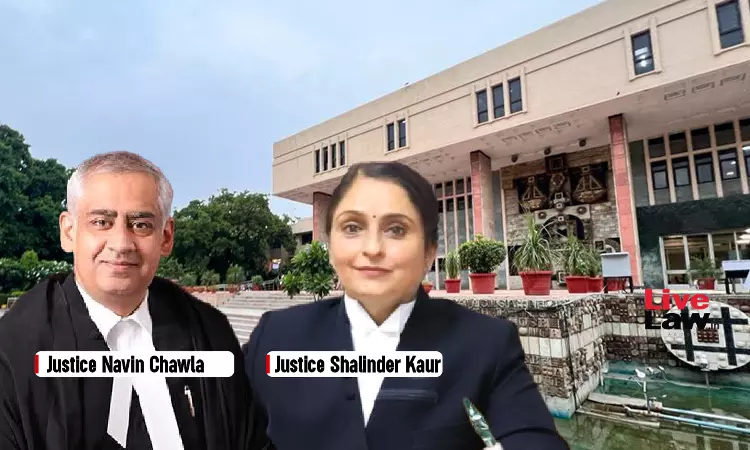'Rejection Of Disability Pension Should Be Based On Reasoned Order ': Delhi High Court
Syed Nazarat Fatima
27 Dec 2024 11:07 AM IST

Next Story
27 Dec 2024 11:07 AM IST
A Division Bench of the Delhi High Court comprising Justices Navin Chawla and Shalinder Kaur held that since the Petitioner's disabilities arose while he was in service, the possibility of the disabilities having arisen due to being in service could not be ruled out. The Bench further held that the Respondents did not explain as to why they did not consider the opinion of the Medical...
